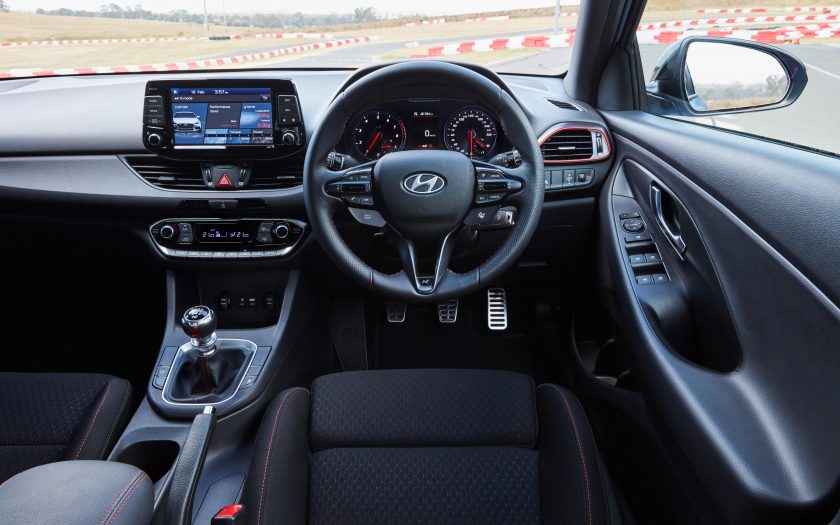Touted as being a major step to reducing driver distraction, it appears some new in-car voice control systems are actually making the problem worse.
Research conducted by the US AAA Foundation for Traffic Safety has found that the systems, such as Apple’s Siri electronic assistant, “may unintentionally cause greater levels of cognitive distraction.”
Ranking the systems, the AAA found Toyota’s Entune system achieved the lowest distraction rate, while Chevrolet’s MyLink (as fitted to Holdens in Australia) was the worst. Entune scored 1.7 on a five-point cognitive workload scale which is on a par to listening to an audio book. MyLink, on the other hand, scored 3.7 out of five.
Other systems ranked between the two, with Hyundai’s Blue Link at 2.2, Chrysler Uconnect at 2.7, FordSync (as fitted to Ford models in Australia) rated 3.0 and Mercedes-Benz’s Comand system marginally worse at 3.1.
“It is clear that not all voice systems are created equal,” commented AAA CEO Bob Darbelnet “and today’s imperfect systems can lead to driver distraction.”
Apple’s Siri (version iOS 7) was adopted by General Motors and offered in the US Chevrolet Spark and Sonic from February 2013. The study found that hands-free and eyes-free use of Siri was rated at a high category 4 level of mental distraction (listening to the radio is ranked as a category 1 distraction – although we’d suggest listening to Alan Jones is both more distracting and considerably more annoying).
The findings are a clear indication that the manufacturers of in-car voice control systems have some way to go. They need to be less complicated, more intuitive, more accurate and generally easier to use.
